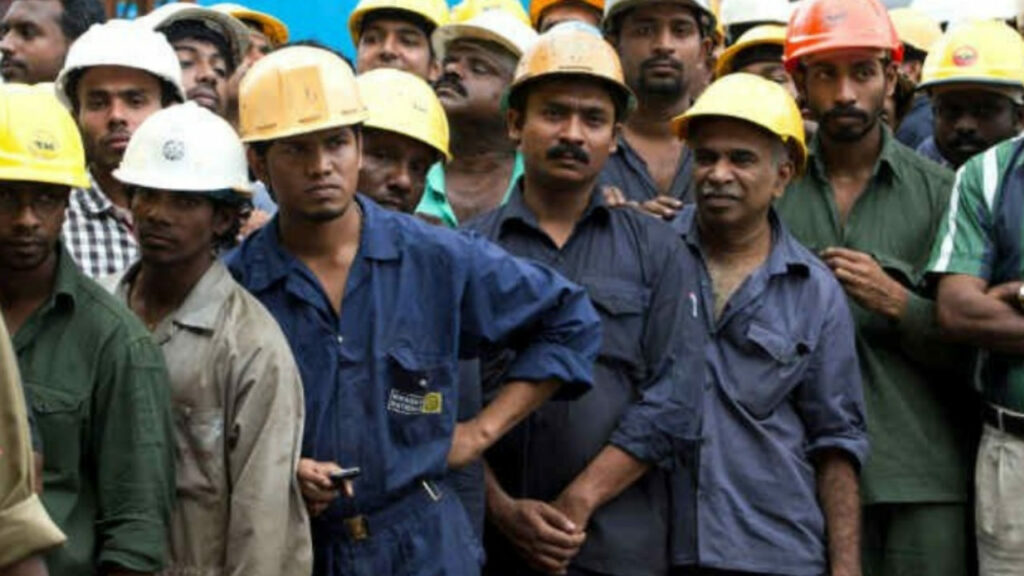Engineering has been a cornerstone of India’s progress, producing nearly 1.5 million graduates annually. However, on Engineers’ Day 2024, a startling statistic highlights a growing issue—only 10% of this year’s engineering graduates are expected to secure jobs. This blog explores the factors behind this concerning trend and what can be done to address it.

Rising Skills Gap Among Engineering Graduates
Despite the high number of engineering graduates, a recent report by TeamLease highlights a significant skills gap. While employability among graduates stands over 60%, only 45% of them meet industry standards, leaving a large portion unprepared for the job market. This mismatch between academic education and industry requirements is particularly troubling in a rapidly evolving job landscape driven by technological advancements.
High Demand for Advanced Skills
The National Association of Software and Service Companies (NASSCOM) projects that India’s technology sector will require over 1 million engineers with advanced skills in Artificial Intelligence (AI), semiconductors, and electric vehicles (EVs) within the next 2-3 years. The demand-supply gap for digital talent is set to widen, posing a critical challenge for the employability of engineering graduates. Conventional education models fail to equip students with the hands-on skills required in industries like cybersecurity, robotics, and data science.
Addressing the Employability Crisis
To address this growing skills gap, a shift toward practical, hands-on learning is essential. TeamLease Degree Apprenticeship has been at the forefront of this movement, offering programs like Managed Training Services (MTS) that combine technical education with industry-focused training. According to A.R. Ramesh, CEO of TeamLease Degree Apprenticeship, apprenticeships and internships are critical in bridging the gap between academic knowledge and industry needs, especially in emerging fields like automation and AI.
The Role of Apprenticeships and Vocational Training
Apprenticeships provide structured, real-world experience that complements formal education, ensuring graduates are job-ready from the start. Dhriti Prasanna Mahanta, Vice President at TeamLease, emphasized that apprenticeships play a key role in equipping young professionals with both technical and 21st-century skills, ultimately creating a sustainable talent pipeline for the future.
Conclusion
On Engineers’ Day 2024, the focus should be on bridging the skills gap to ensure India’s engineering graduates are equipped to meet the demands of an increasingly advanced job market. Stronger collaboration between academia and industry, along with a focus on practical training, is crucial to boost employability and drive long-term innovation.












